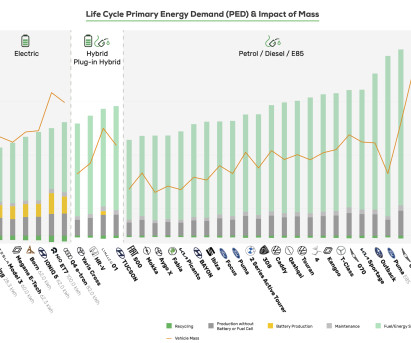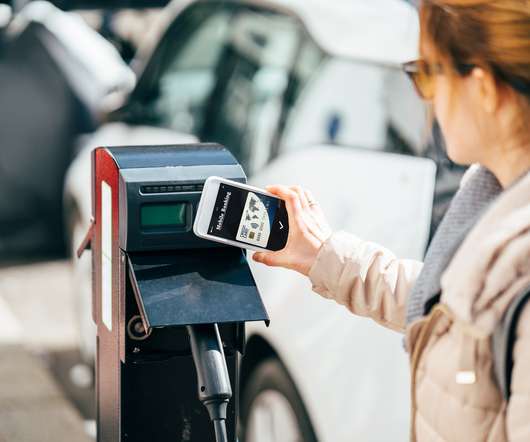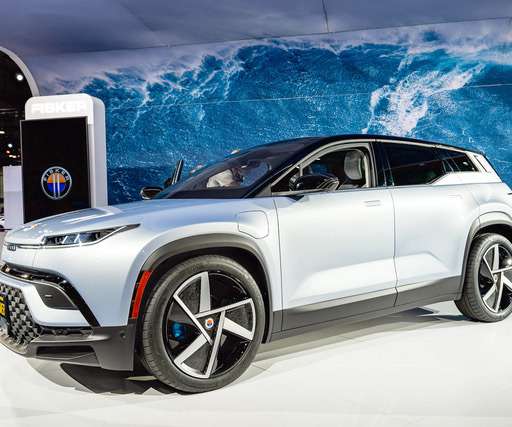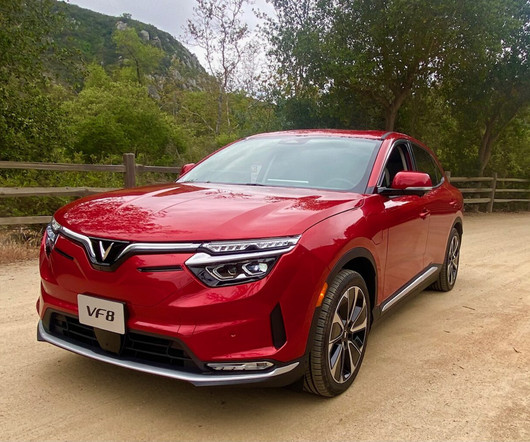BMW Group, Daimler, Ford, Audi & Porsche JV for up to 350 kW CCS ultra-fast charging network along major highways in Europe
Green Car Congress
NOVEMBER 29, 2016
BEVs that are engineered to accept this full power of the charge stations will recharge brand-independently in a fraction of the time of today’s BEVs. As automobile manufacturer, we actively shape our future, not only by developing all-electrically powered vehicles but by building up the necessary infrastructure as well.

























Let's personalize your content